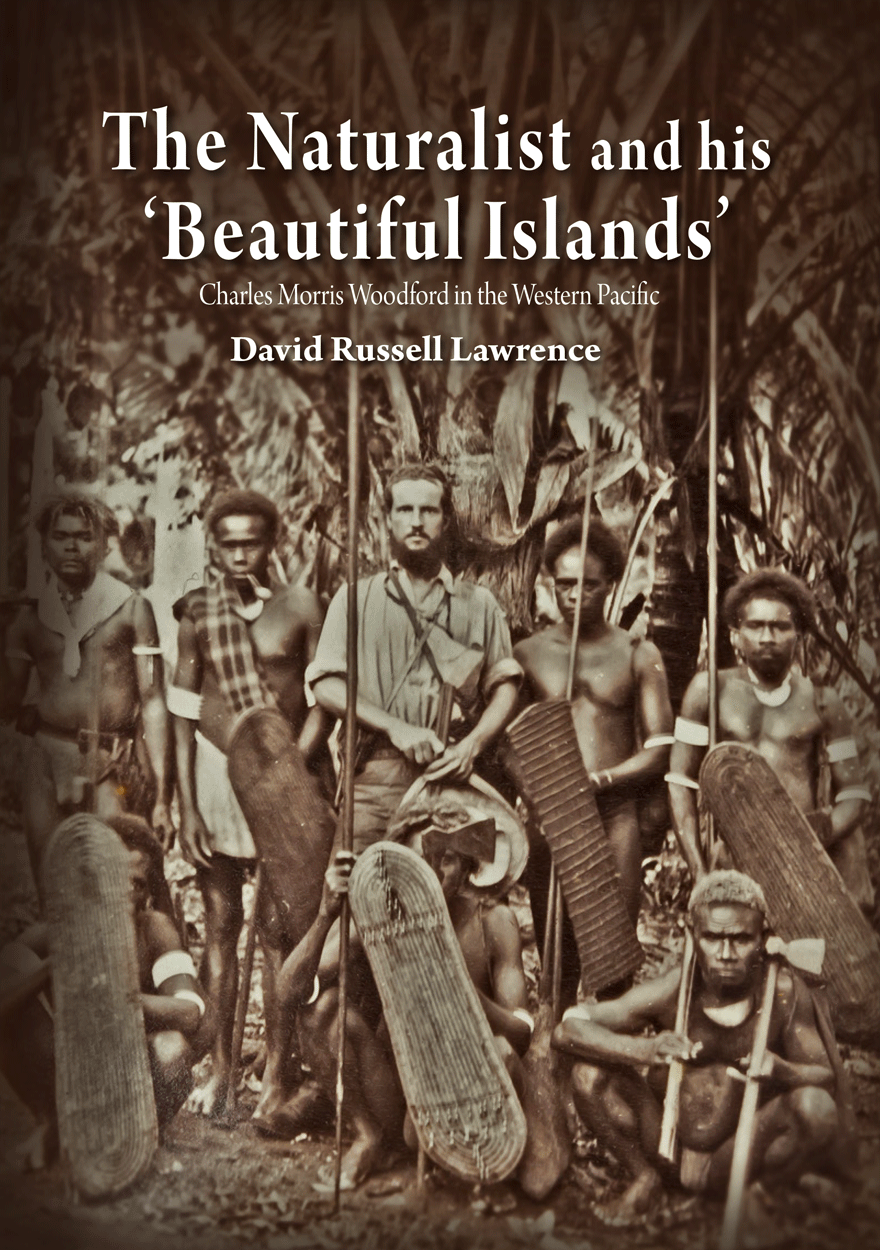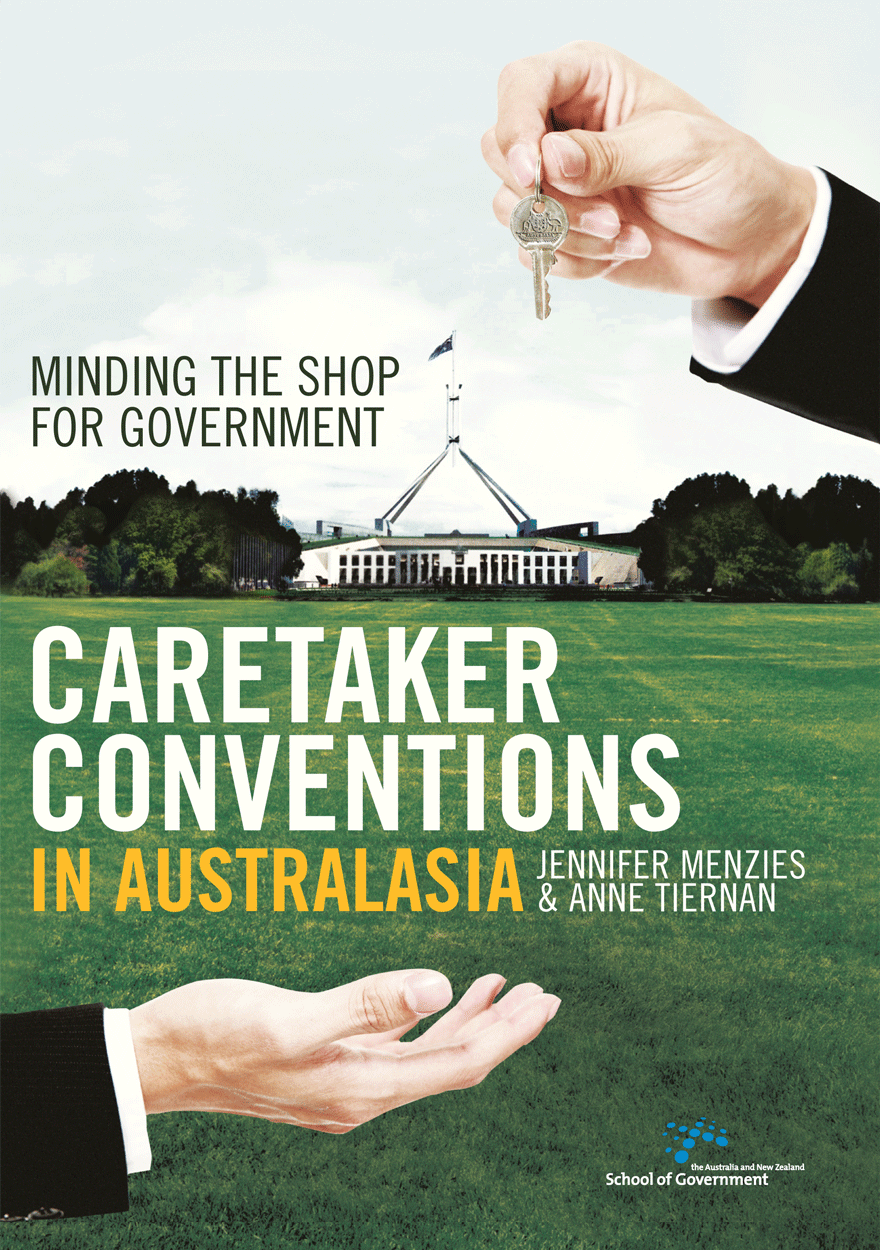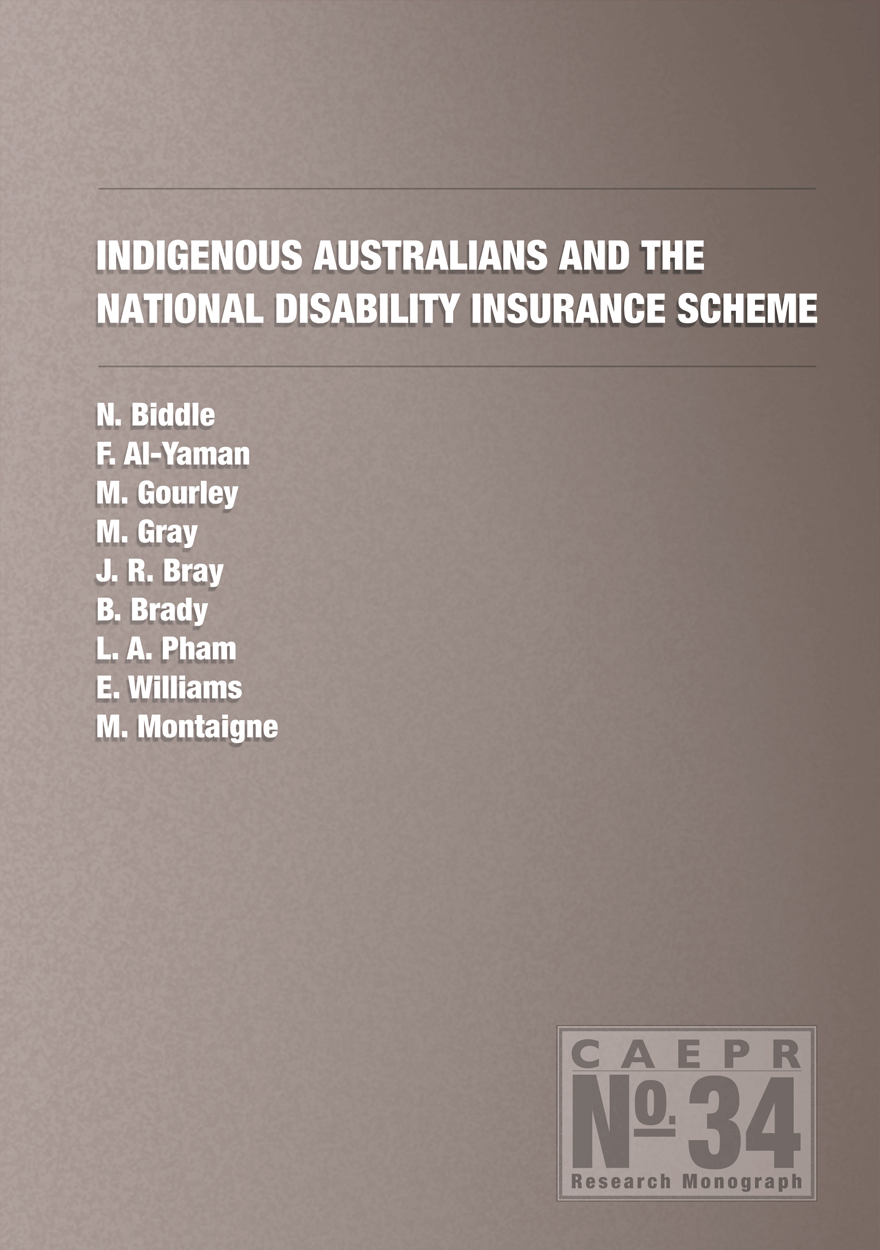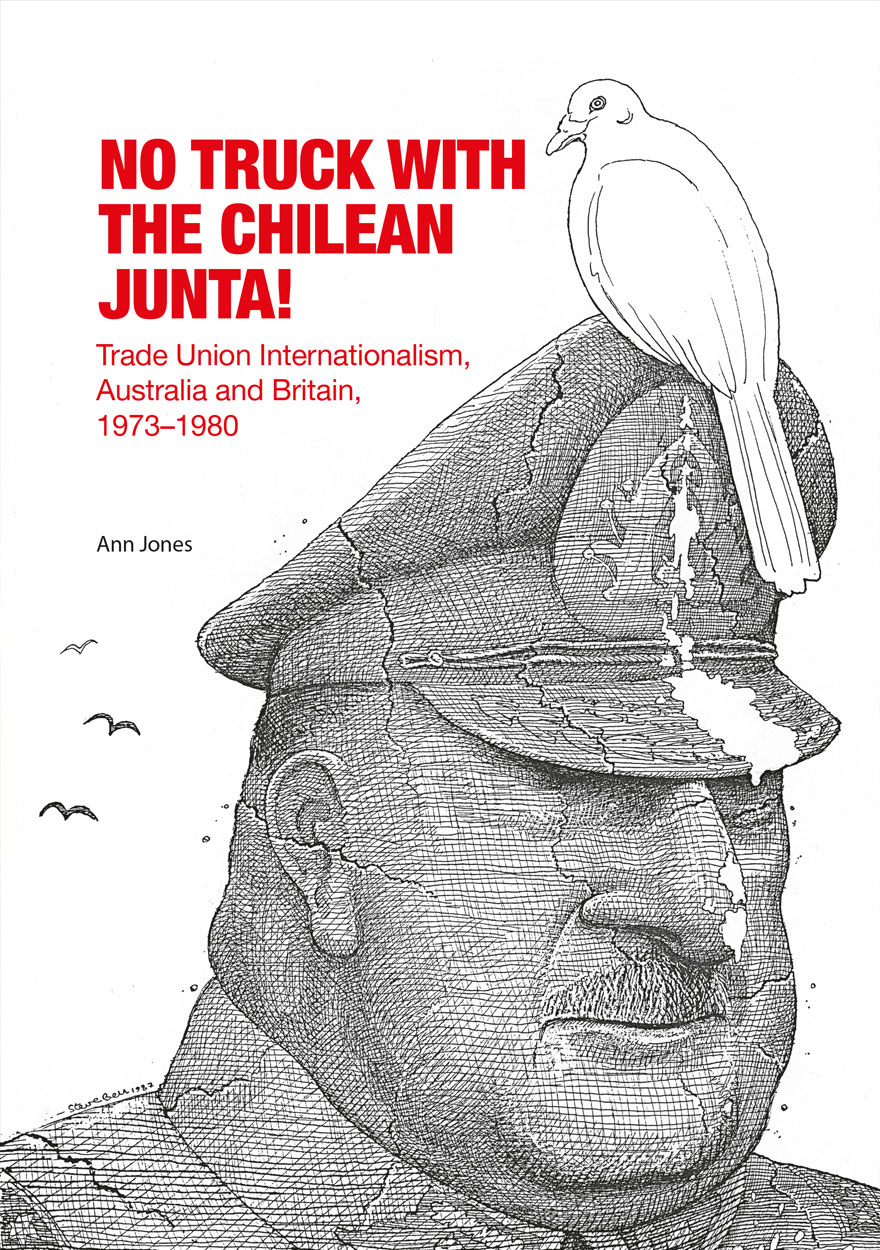Search titles
Displaying results 151 to 160 of 358.

The Naturalist and his 'Beautiful Islands' »
Charles Morris Woodford in the Western Pacific
Authored by: David Russell Lawrence
Publication date: October 2014
‘I know no place where firm and paternal government would sooner produce beneficial results then in the Solomons … Here is an object worthy indeed the devotion of one’s life’.
Charles Morris Woodford devoted his working life to pursuing this dream, becoming the first British Resident Commissioner in 1897 and remaining in office until 1915, establishing the colonial state almost singlehandedly. His career in the Pacific extended beyond the Solomon Islands. He worked briefly for the Western Pacific High Commission in Fiji, was a temporary consul in Samoa, and travelled as a Government Agent on a small labour vessel returning indentured workers to the Gilbert Islands.
As an independent naturalist he made three successful expeditions to the islands, and even climbed Mt Popomanaseu, the highest mountain in Guadalcanal. However, his natural history collection of over 20,000 specimens, held by the British Museum of Natural History, has not been comprehensively examined. The British Solomon Islands Protectorate was established in order to control the Pacific Labour Trade and to counter possible expansion by French and German colonialists. It remaining an impoverished, largely neglected protectorate in the Western Pacific whose economic importance was large-scale copra production, with its copra considered the second-worst in the world.
This book is a study of Woodford, the man, and what drove his desire to establish a colonial protectorate in the Solomon Islands. In doing so, it also addresses ongoing issues: not so much why the independent state broke down, but how imperfectly it was put together in the first place.
David Russell Lawrence is an anthropologist who has managed environmental programs in Melanesia and Southeast Asia for the Great Barrier Reef Marine Park Authority. His most recent book was a re-examination of the place in Melanesian anthropology of the Finnish sociologist Gunnar Landtman who spent two years working with the Kiwai people of the lower Fly estuary. He recently managed a large-scale survey of 300 communities in the Solomon Islands for the Community Sector Program and has assisted with a number of the annual RAMSI People’s Surveys in the islands. This work has given him insight into the colonial heritage of the Solomon Islands and a desire to tell the story of the establishment of the British Solomon Islands Protectorate through the eyes of the first Resident Commissioner, Charles Morris Woodford.

A Political Memoir of the Anglo-French Condominium of the New Hebrides »
Authored by: Keith Woodward
Publication date: October 2014
Keith Woodward has produced an inside account of the intricacies of official politics in the latter stages of the history of the Anglo-French Condominium of the New Hebrides, which will be essential reading for anyone interested in the colonial period of Vanuatu. Woodward spent 25 years in the New Hebrides (1953 to 1978) based in the British Residency and it is his long service which makes his memoir so informative and important. Following a fascinating and insightful description of Port Vila and the New Hebrides when he arrived in the 1950s, Woodward focuses the rest of his memoir on issues relating to the difficulties the British faced in convincing the French that the two powers should come to an agreement on decolonisation of the New Hebrides—that is, to establish a process of constitutional advancement leading ultimately to independence.
— Howard Van Trease, Honorary Research Fellow, Emalus Campus, University of the South Pacific, Port Vila
This is a highly original, evocative and engaging memoir which offers an insightful firsthand account of colonial administration, bilateral French and British relations, political change and decolonisation in Vanuatu. It addresses some lacunae in the historiography of Vanuatu and dispels a number of assumptions about French intentions there. It will be of great benefit to people interested in Vanuatu, and more broadly in political change in the Pacific, constitutional arrangements, decolonisation, French-British relations, and particularly the divergent colonial policies of France and the United Kingdom.
— Gregory Rawlings, Anthropology, University of Otago

East Asia Forum Quarterly: Volume 6, Number 3, 2014 »
Publication date: October 2014
East Asia Forum Quarterly grew out of East Asia Forum (EAF) online, which has developed a reputation for providing a platform for the best in Asian analysis, research and policy comment on the Asia Pacific region in world affairs. EAFQ aims to provide a further window onto research in the leading research institutes in Asia and to provide expert comment on current developments within the region. The East Asia Forum Quarterly, like East Asia Forum online, is an initiative of the East Asia Forum (EAF) and its host organisation, the East Asian Bureau of Economic Research (EABER) in the Crawford School of Economics and Government in the College of Asia & the Pacific at The Australian National University.
Download for free
Not available for purchase

Caretaker Conventions in Australasia »
Minding the shop for government
Authored by: Jennifer Menzies, Anne Tiernan
Publication date: October 2014
In the second revised edition of this monograph, Jennifer Menzies and Anne Tiernan capably chart the often hazardous terrain of the ‘caretaker period’ that ensues from the time an election is called until a new government is formed. This is a landscape fraught with political and administrative dangers – particularly for public servants who are required to ‘mind the shop’ and keep the basically machinery of government going.
The conventions represent an historical accretion of custom, practice and rules, often leavened with uncertainty. In tackling their subject, Menzies and Tiernan draw upon their shared past experiences as public servants and ministerial ‘staffers’ as well as the highest standards of academic scholarship – this is a ‘must read’ for politicians, public servants and students of government. The second edition expands on the first edition by documenting recent controversies and trends which have had an impact on caretaker conventions.
The analysis of the contemporary application of caretaker conventions has been updated and new case studies included – particularly from the last federal election. Also included is additional material about lengthy government formation after election day and the management of caretaker conventions during that time. The New Zealand material has been revised and updated.
The caretaker conventions
Australia (PDF, 127KB)
Australian Capital Territory (PDF, 187KB)
New South Wales (PDF, 234 KB)
Northern Territory (PDF, 175KB)
Queensland (PDF, 94KB)
South Australia (PDF, 224KB)
Tasmania (PDF, 232KB)
Victoria (PDF, 178KB)
Western Australia (PDF, 430KB)
New Zealand (PDF, 280KB)

Indigenous Australians and the National Disability Insurance Scheme »
Authored by: Nicholas Biddle, Fadwa Al-Yaman, Michelle Gourley, Matthew Gray, J. Rob Bray, Brendan Brady, Le Anh Pham, Emma Williams, Maxine Montaigne
Publication date: October 2014
The National Disability Insurance Scheme (NDIS) is one of the major policy innovations of the early 21st century in Australia, representing a new way of delivering services to people with a disability and those who care for them. It has the potential to transform the lives of hundreds of thousands of people, giving them greater certainty and control over their lives. There is a higher incidence of disability in the Aboriginal and Torres Strait Islander population than in the Australian population more generally, so the NDIS is of particular relevance to Indigenous Australians. However, Indigenous Australians with a disability have a very distinct age, geographic and health profile, which differs from that of the equivalent non-Indigenous population. Furthermore, the conceptualisation of disability and care in many Indigenous communities, particularly in remote areas, may differ markedly in comparison to more settled parts of the country, and there is the added complexity of a unique history of interaction with government. In considering these issues in detail, this Research Monograph provides a resource for policy makers, researchers and service providers who are working in this important policy area. Its major conclusion is that the NDIS, if it is to be an effective policy for Indigenous Australians, needs to take into account their very particular needs and aspirations.

Studies in Australian Political Rhetoric »
Edited by: John Uhr, Ryan Walter
Publication date: September 2014
This edited collection includes eleven major case studies and one general review of rhetorical contest in Australian politics. The volume showcases the variety of methods available for studying political speech, including historical, theoretical, institutional, and linguistic analyses, and demonstrates the centrality of language use to democratic politics. The chapters reveal errors in rhetorical strategy, the multiple and unstable standards for public speech in Australia, and the links between rhetoric and action. The length of Australian political speech is traversed, from pre-Federation to the Gillard minority government (2010–13), and the topics similarly range from Alfred Deakin’s nation-building to Kevin Rudd’s Apology to the Stolen Generations. This fresh collection is intended to stimulate and advance the study of political rhetoric in Australia.

Henry Prinsep's Empire »
Framing a distant colony
Authored by: Malcolm Allbrook
Publication date: September 2014
Henry Prinsep is known as Western Australia’s first Chief Protector of Aborigines in the colonial government of Sir John Forrest, a period which saw the introduction of oppressive laws that dominated the lives of Aboriginal people for most of the 20th century.
But he was also an artist, horse-trader, member of a prominent East India Company family, and everyday citizen, whose identity was formed during his colonial upbringing in India and England. As a creator of Imperial culture, he supported the great men and women of history while he painted, wrote about and photographed the scenes around him. In terms of naked power he was a middle man, perhaps even a small man. His empire is an intensely personal place, a vast network of family and friends from every quarter of the British imperial world, engaged in the common tasks of making a home and a career, while framing new identities, new imaginings and new relationships with each other, Indigenous peoples and fellow colonists. This book traces Henry Prinsep’s life from India to Western Australia and shows how these texts and images illuminate not only Prinsep the man, but the affectionate bonds that endured despite the geographic bounds of empire, and the historical, social, geographic and economic origins of Aboriginal and colonial relationships which are important to this day.

No Truck with the Chilean Junta! »
Trade Union Internationalism, Australia and Britain, 1973–1980
Authored by: Ann Jones
Publication date: August 2014
When lorry drivers in Northampton slapped stickers on their cabs declaring ‘No truck with the Chilean Junta!’ they were doing more than threatening to boycott. They were asserting their own identity as proud unionists and proud internationalists. But what did trade unionists really know of what was happening in Chile? And how could someone else’s oppression become a means to solidify your own identity? The labour movements of Britain and Australia used ‘Chile’ as an impetus for action and to give meaning to their own political expression, though it was not all smooth sailing. Throughout the 1970s, social movements and unions alternately clashed and melded, and those involved with ‘Chile’ were also caught within the unhappy marriage of the cross-cultural left. This book draws together the events and stories of these complex times.

East Asia Forum Quarterly: Volume 6, Number 2, 2014 »
Publication date: June 2014
East Asia Forum Quarterly grew out of East Asia Forum (EAF) online, which has developed a reputation for providing a platform for the best in Asian analysis, research and policy comment on the Asia Pacific region in world affairs. EAFQ aims to provide a further window onto research in the leading research institutes in Asia and to provide expert comment on current developments within the region. The East Asia Forum Quarterly, like East Asia Forum online, is an initiative of the East Asia Forum (EAF) and its host organisation, the East Asian Bureau of Economic Research (EABER) in the Crawford School of Economics and Government in the College of Asia & the Pacific at The Australian National University.
Download for free
Not available for purchase

Future-Proofing the State »
Managing Risks, Responding to Crises and Building Resilience
Publication date: May 2014
This book focuses on the challenges facing governments and communities in preparing for and responding to major crises — especially the hard to predict yet unavoidable natural disasters ranging from earthquakes and tsunamis to floods and bushfires, as well as pandemics and global economic crises.
Future-proofing the state and our societies involves decision-makers developing capacities to learn from recent ‘disaster’ experiences in order to be better placed to anticipate and prepare for foreseeable challenges. To undertake such futureproofing means taking long-term (and often recurring) problems seriously, managing risks appropriately, investing in preparedness, prevention and mitigation, reducing future vulnerability, building resilience in communities and institutions, and cultivating astute leadership. In the past we have often heard calls for ‘better future-proofing’ in the aftermath of disasters, but then neglected the imperatives of the message.
Future-Proofing the State is organised around four key themes: how can we better predict and manage the future; how can we transform the short-term thinking shaped by our political cycles into more effective long-term planning; how can we build learning into our preparations for future policies and management; and how can we successfully build trust and community resilience to meet future challenges more adequately?



